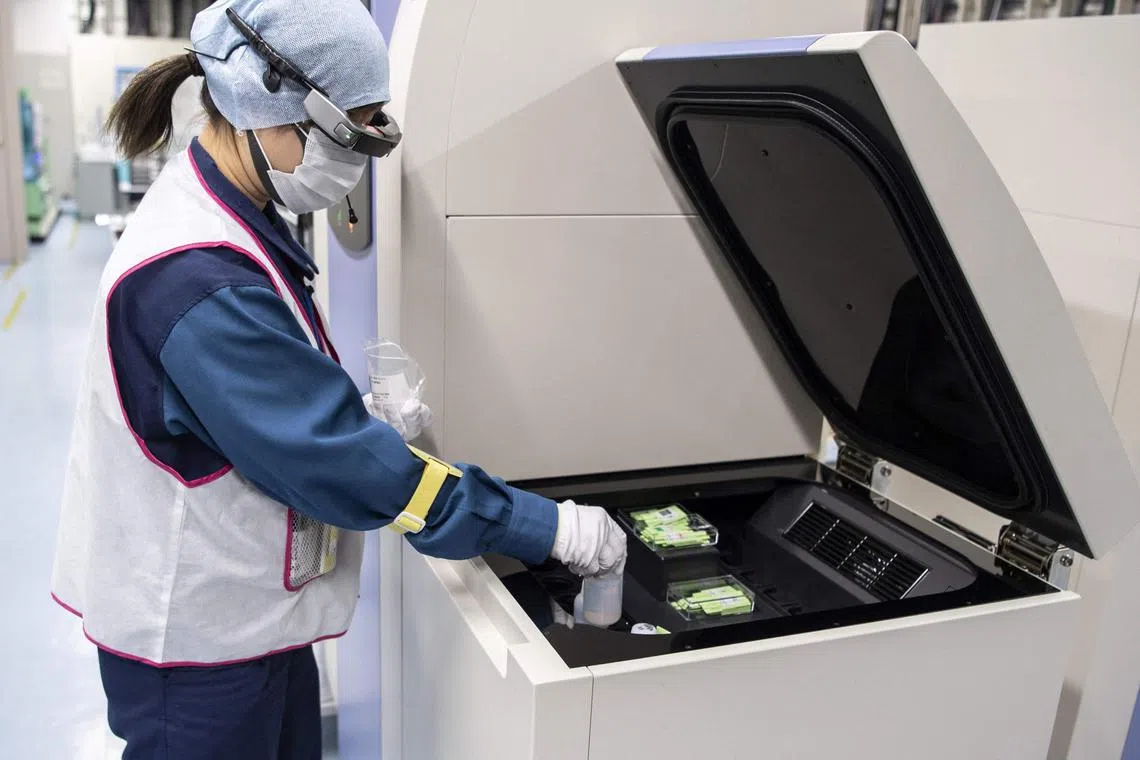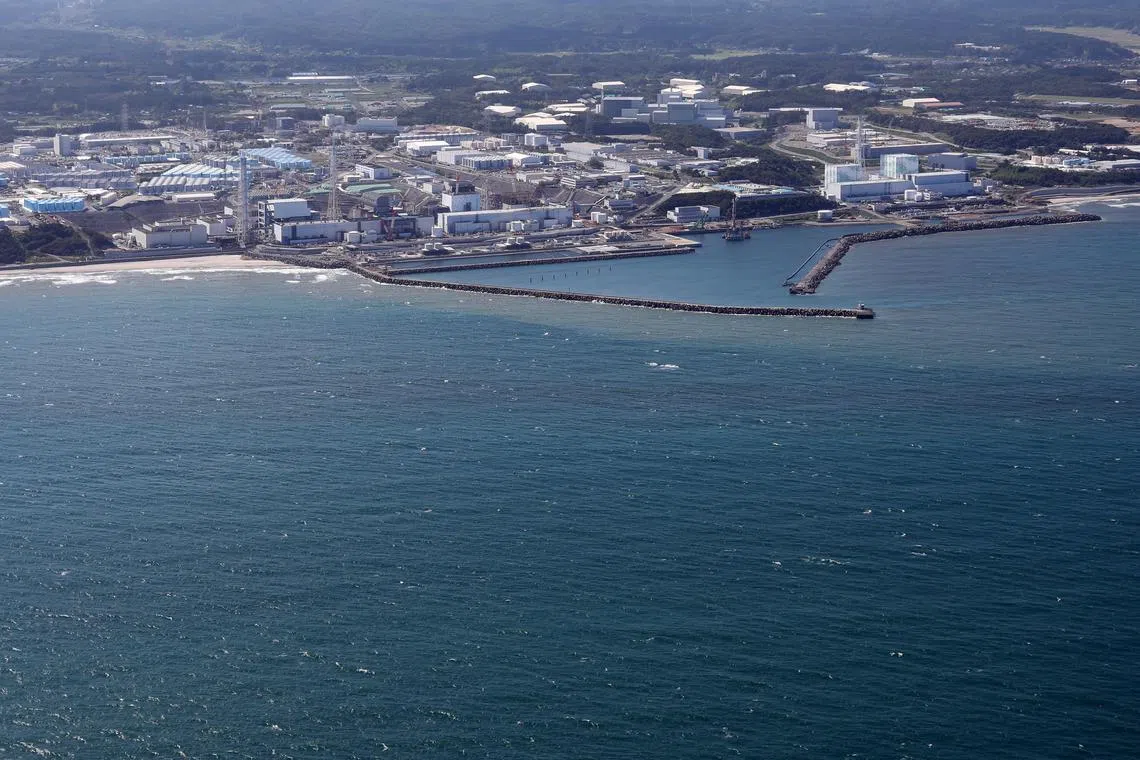Fukushima operator Tepco says released water samples within safe limits
Sign up now: Get insights on Asia's fast-moving developments

Tepco took what it called rapid tests and the results showed that radioactivity levels were within safe limits.
PHOTO: AFP
Tokyo – Seawater samples taken following the release of wastewater from the crippled Fukushima nuclear reactor showed radioactivity levels well within safe limits, operator Tepco said on Friday.
The start on Thursday of the discharge of some of the 1.34 million tonnes of water,
Tepco took what it called rapid tests on Thursday afternoon after the release into the Pacific Ocean began, and on Friday it said that the results showed that radioactivity levels were within safe limits.
“We confirmed that the analysed value is equal to the calculated concentration and that the analysed value is below 1,500 becquerels per litre,” Tepco spokesman Keisuke Matsuo told a news conference.
Becquerels per litre is a measure of radioactivity. The national safety standard is 60,000.
The results were “similar to our previous simulation and sufficiently below” the safety limit, Mr Matsuo added.
“We will continue to conduct analysis every day over the next one month and even after that, maintain our analysis effort,” he said.
“By providing swift, easy-to-understand explanations we hope to dispel various concerns.”
Japan’s Environment Ministry said it had collected seawater samples from 11 different locations on Friday, results of which would be released on Sunday.

Japan’s Environment Ministry said it had collected seawater samples from 11 different locations on Friday, results of which would be released on Sunday.
PHOTO: EPA-EFE
The Fisheries Agency also pulled a flounder and a Gurnard fish early on Friday from designated sampling spots near the pipe that released the Fukushima water.
“By publishing those data every day in a highly transparent fashion, we will demonstrate our actions based on scientific evidence,” said Trade and Industry Minister Yasutoshi Nishimura, who is in charge of nuclear policies.
IAEA backing
Tepco says that the water – more than 500 Olympic pools’ worth – from cooling the remains of three reactors has been filtered of all radioactive elements except for tritium and is safe.
This is backed by the International Atomic Energy Agency (IAEA),
“IAEA experts are there on the ground to serve as the eyes of the international community and ensure that the discharge is being carried out as planned consistent with IAEA safety standards,” said the chief of the United Nations body, Mr Rafael Grossi, in a statement.
Most analysts agree, although environmental pressure group Greenpeace has said that the filtration process, known as ALPS, does not work and that a vast amount of radioactivity will be released into the ocean.
Japan’s move infuriated China, which says the action contaminates the ocean, and widened a ban on aquatic produce in place for 10 Japanese prefectures to cover the whole country.
Mr Nishimura on Friday echoed Prime Minister Fumio Kishida in urging China, Japan’s biggest market for seafood, to reverse the ban.
“The Japanese government… will strongly demand baseless regulations to be immediately terminated,” Mr Nishimura said.
South Korea’s government, which is trying to improve relations with Japan in order to counter China, has endorsed the water release, although some members of the public have been alarmed. AFP


